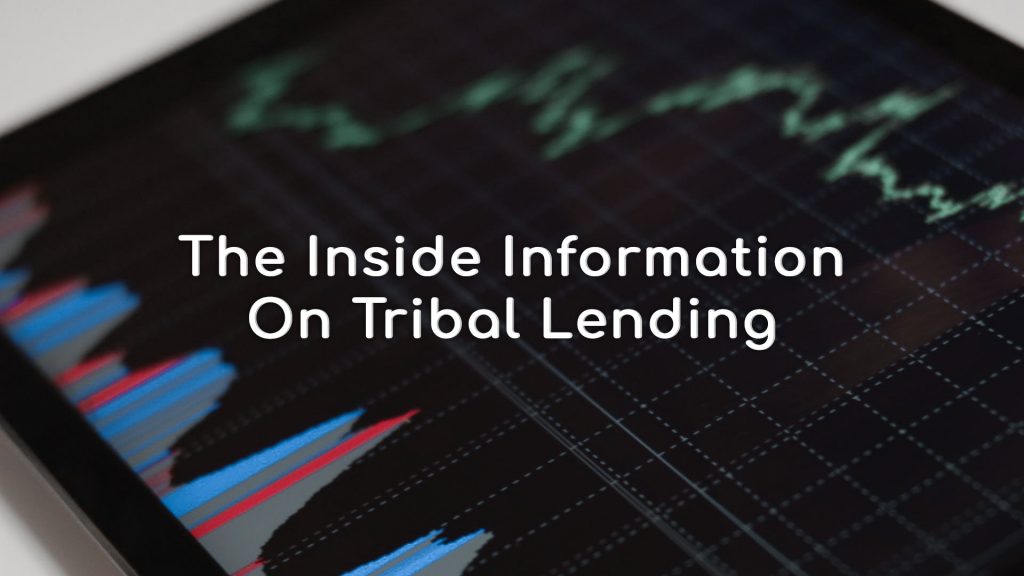Tribal Loans: Are They the Answer or a Trap?
Tribal Loans: Are They the Answer or a Trap?
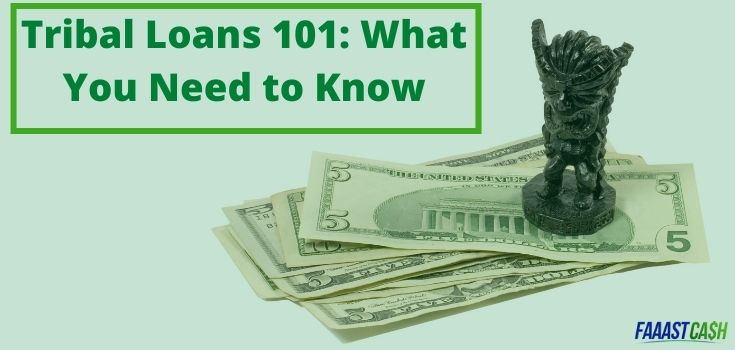
You’re strapped for cash, bills are piling up, and you’re desperate for a quick loan. A quick Google search leads you to a website promising fast, easy money – even with bad credit. Sounds like a dream come true, right? But hold on a minute. These loans often come with a hefty price tag and might be from a "tribal lender." What’s that all about, and should you be wary?
The Tribal Loan Conundrum
Related Articles: Tribal Loans: Are They the Answer or a Trap?
- Cash-Strapped? Tribal Lenders: Friend Or Foe?
- Stuck At The Checkout? Tribal Loans For Groceries: A Lifeline Or A Trap?
- Tribal Loans Vs Online LendersTitle
- Stuck In A Credit Crunch? Tribal Loans Might Be Your Lifeline
- Stuck In A Credit Crunch? Tribal Loans Might Be Your Lifeline
Tribal loans are offered by lenders who claim to be owned or operated by Native American tribes. They often advertise themselves as exempt from state regulations, which can make them seem like a loophole for those facing rejection from traditional lenders. But are they truly a safe haven for borrowers, or are they a wolf in sheep’s clothing?
The Lure of Tribal Loans
Here’s why tribal loans can seem appealing:
- Fast Approval: Desperate times call for desperate measures. Tribal lenders often boast about quick approval times, promising money in your account within hours.
- Easy Qualification: Traditional lenders often have strict credit score requirements. Tribal lenders may seem more lenient, even offering loans to those with bad credit or no credit history.
- No State Regulations: Because tribal lenders claim to operate on tribal land, they argue that they’re not subject to state laws governing interest rates and other loan terms. This can mean higher interest rates and fees compared to traditional loans.
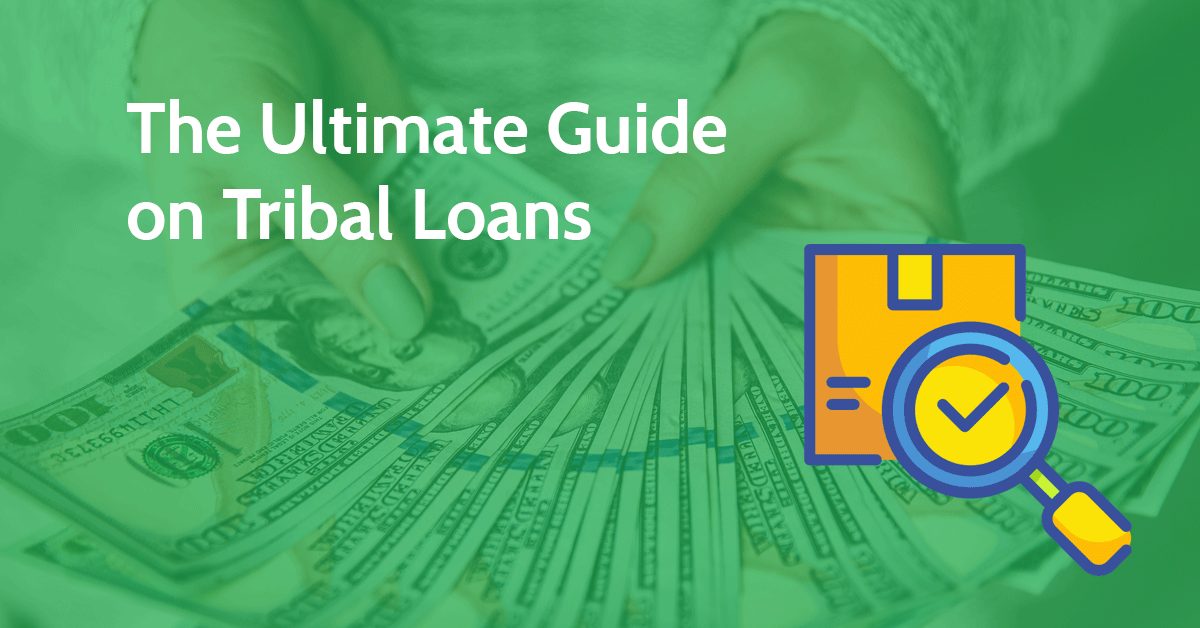
The Pitfalls of Tribal Lending
While the allure of easy money is tempting, tribal loans often come with a hefty price tag:
- Sky-High Interest Rates: Tribal lenders can charge exorbitant interest rates, sometimes exceeding 300% APR. This can quickly turn a small loan into a financial nightmare.
- Hidden Fees: Beyond interest rates, tribal lenders often tack on additional fees, like origination fees, late fees, and processing fees. These fees can significantly increase the total cost of the loan.
- Aggressive Collection Practices: If you fall behind on your payments, tribal lenders can resort to aggressive collection tactics, including contacting your friends and family, threatening legal action, and even garnishing your wages.
- Lack of Transparency: Tribal lenders often lack transparency in their lending practices. They may not clearly disclose all fees and terms, making it difficult to compare their offers to traditional loans.
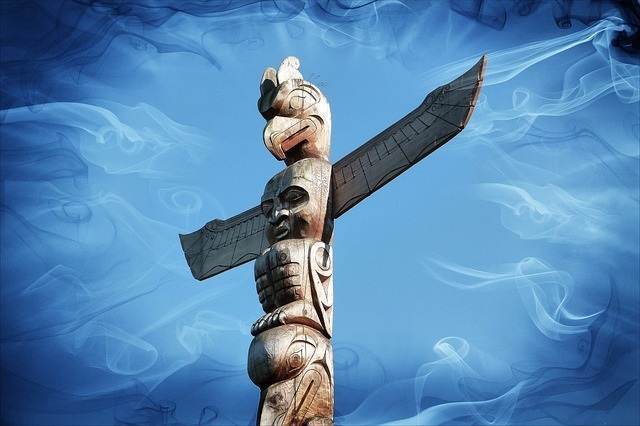
The Legal Landscape: A Gray Area
The legal status of tribal lending is complex and often contested. Some tribes argue that they have sovereign immunity, meaning they’re exempt from state laws. However, federal and state regulators are cracking down on predatory lending practices, including those by tribal lenders.
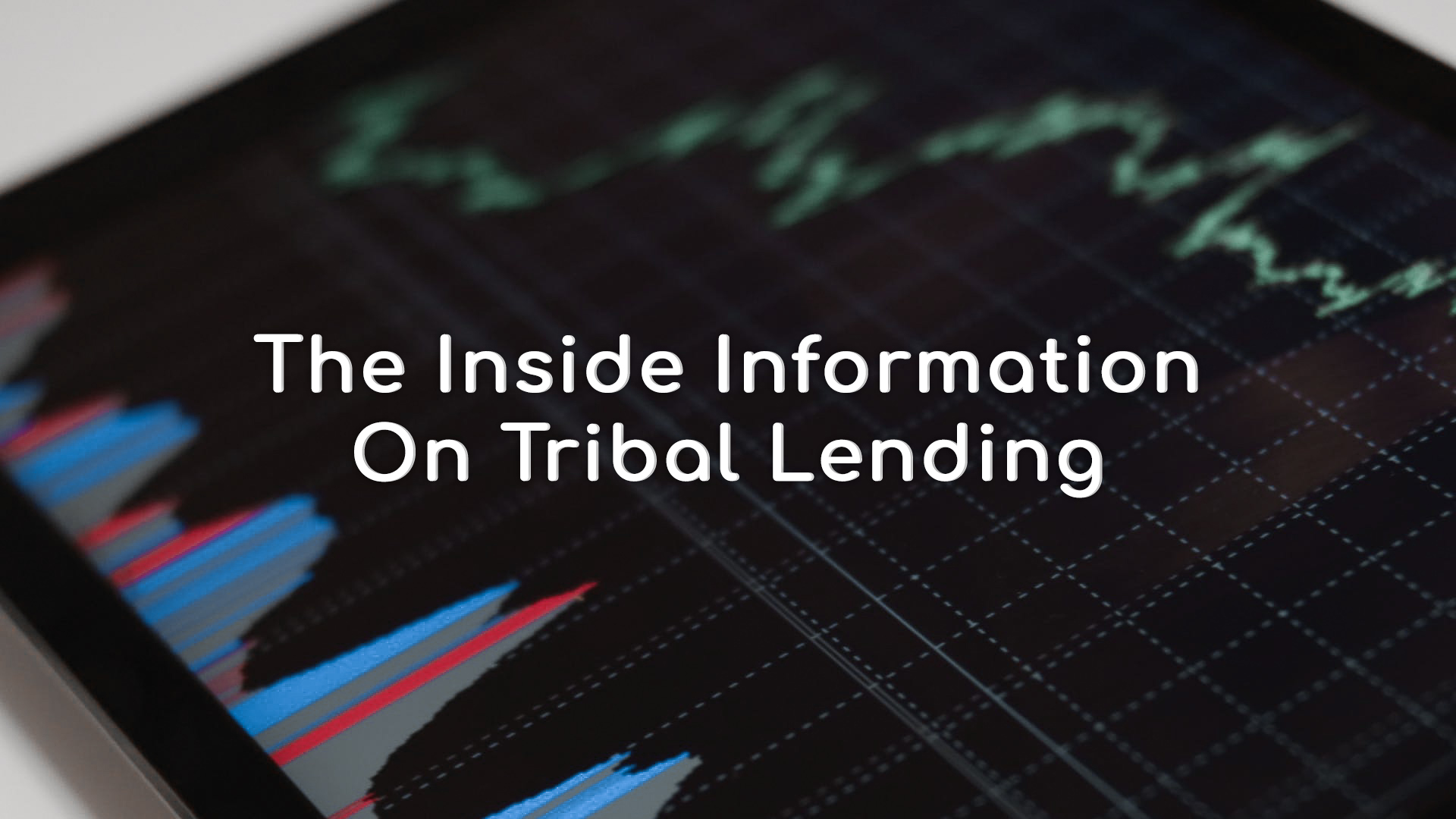
What To Do If You’re Considering a Tribal Loan
If you’re considering a tribal loan, proceed with extreme caution. Here’s what you should do:
- Shop Around: Don’t just settle for the first offer you see. Compare rates and terms from multiple lenders, including traditional banks and credit unions.
- Read the Fine Print: Carefully review the loan agreement before signing. Make sure you understand all fees and terms, including the APR, repayment schedule, and consequences for late payments.
- Check the Lender’s Reputation: Look for reviews and complaints online. You can also check with the Better Business Bureau (BBB) to see if the lender has a history of complaints.
- Consider Alternatives: Before resorting to a tribal loan, explore other options like credit counseling, personal loans from friends or family, or a payday loan from a reputable lender.
FAQ: Tribal Loan Concerns and Questions
Q: Are tribal loans legal?
A: The legality of tribal loans is a complex issue, and it varies by state. Some states have laws specifically targeting tribal lending, while others have taken a more hands-off approach.
Q: Why do tribal lenders charge such high interest rates?
A: Tribal lenders often argue that their high interest rates are necessary to offset the risks associated with lending to borrowers with poor credit. However, critics argue that these rates are predatory and exploit vulnerable borrowers.
Q: What are the consequences of defaulting on a tribal loan?
A: Defaulting on a tribal loan can have serious consequences, including damage to your credit score, debt collection efforts, and even legal action.
Q: How can I avoid tribal loans?
A: The best way to avoid tribal loans is to build good credit and manage your finances responsibly. If you find yourself in a financial bind, seek help from a credit counselor or other reputable financial advisor.
The Bottom Line: Proceed With Caution
Tribal loans can seem like a quick fix for your financial woes, but they often come with hidden costs and risks. Before you take out a tribal loan, weigh the pros and cons carefully, shop around for better options, and understand the potential consequences. If you’re struggling to make ends meet, there are better ways to get back on track without getting caught in a debt trap.

Closure
Thus, we hope this article has provided valuable insights into Tribal Loans: Are They the Answer or a Trap?. We hope you find this article informative and beneficial. See you in our next article!
